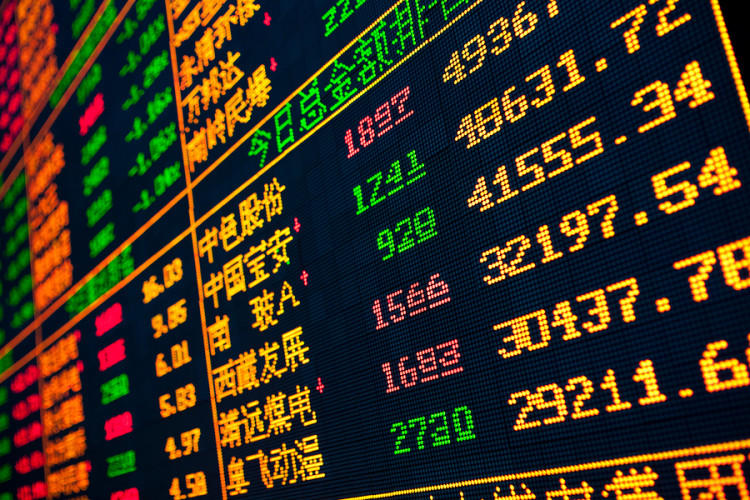Chinese Traders Return to More Bullish Markets After Holiday

published Feb 21, 2018 6:58:22 PM, by Kana Nishizawa
(Bloomberg) —
The world is looking a better place for China’s investors as the nation’s financial markets reopen following a week-long break.
Global equities have rebounded during the Lunar New Year holidays as the fear of faster inflation ebbed. Hong Kong stock gauges are among the world’s best performers, with the Hang Seng Index rallying 3 percent. The offshore yuan — which traded during the break — strengthened past the onshore rate.
Mainland dual-listed stocks are now the least expensive relative to their Hong Kong shares since June, down from an almost two-year high earlier this month. Banks led gains among Chinese offshore equities during the national break, with China Construction Bank Corp. jumping 5.7 percent, while property developers and energy producers also surged. Hong Kong stocks may get a further boost as trading links with Shanghai and Shenzhen reopen, allowing inflows to resume.
Here’s a look at what has happened around the world while China was celebrating the start of the Year of the Dog from Feb. 15 through 21:
Stocks:
The Hang Seng China Enterprises Index of Hong Kong-traded mainland companies has climbed 3.5%, with financials leading the gains The MSCI Asia Pacific Index has climbed 2 percent, the S&P 500 Index has risen 0.1 percent, while the Europe Stoxx 600 index has advanced 1.8 percent
Bond, Money Markets:
The yield on 10-year U.S. Treasuries has risen 4.8 basis points to 2.95 percent, compared with 3.89 percent for similar-maturity Chinese debt China increased its holdings of Treasuries last year by the most since 2010, according to Treasury Department data released on Feb. 15. Threats by U.S. President Donald Trump to crack down on trade with China have sparked concerns that the Asian nation could use Treasuries as a tool for retaliation On the day before the Lunar New Year holiday, the People’s Bank of China skipped open market operations for a 16th straight day and kept a neutral position, saying liquidity in the banking system is at relatively high level In Hong Kong, the overnight yuan interbank rate fell as markets reopened, while longer-dated rates declined more slowly
Currencies:
While the offshore yuan has weakened 0.4 percent against the dollar during the Lunar New Year break, it closed Wednesday at 6.3376, stronger than the onshore rate’s 6.3450 Asian currencies were mixed against the greenback, with Malaysian ringgit among the best performers while the Indian rupee was the worst



No Comment